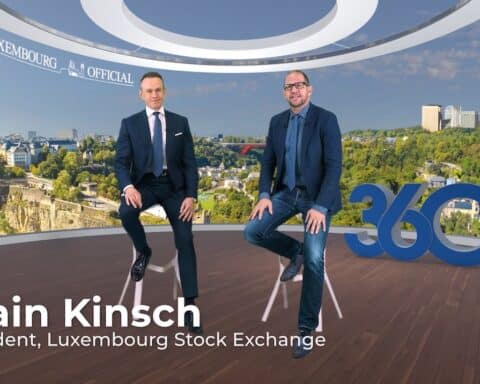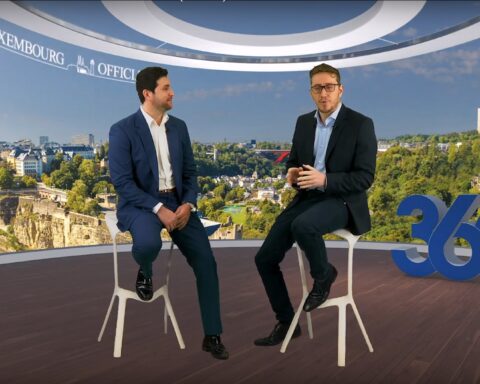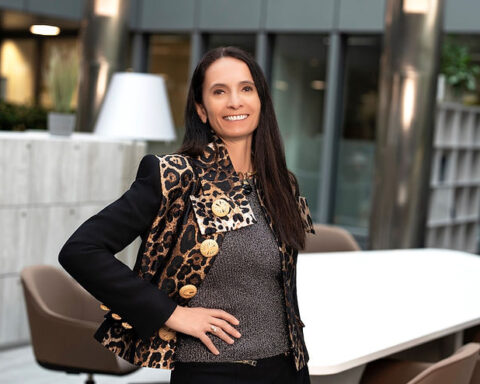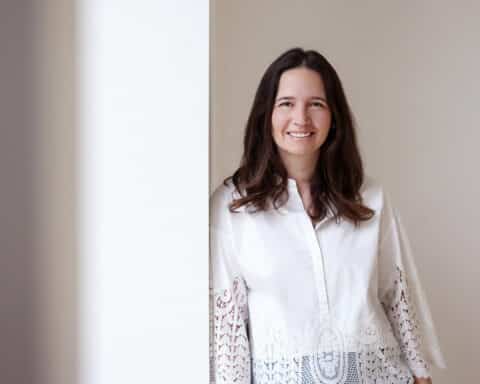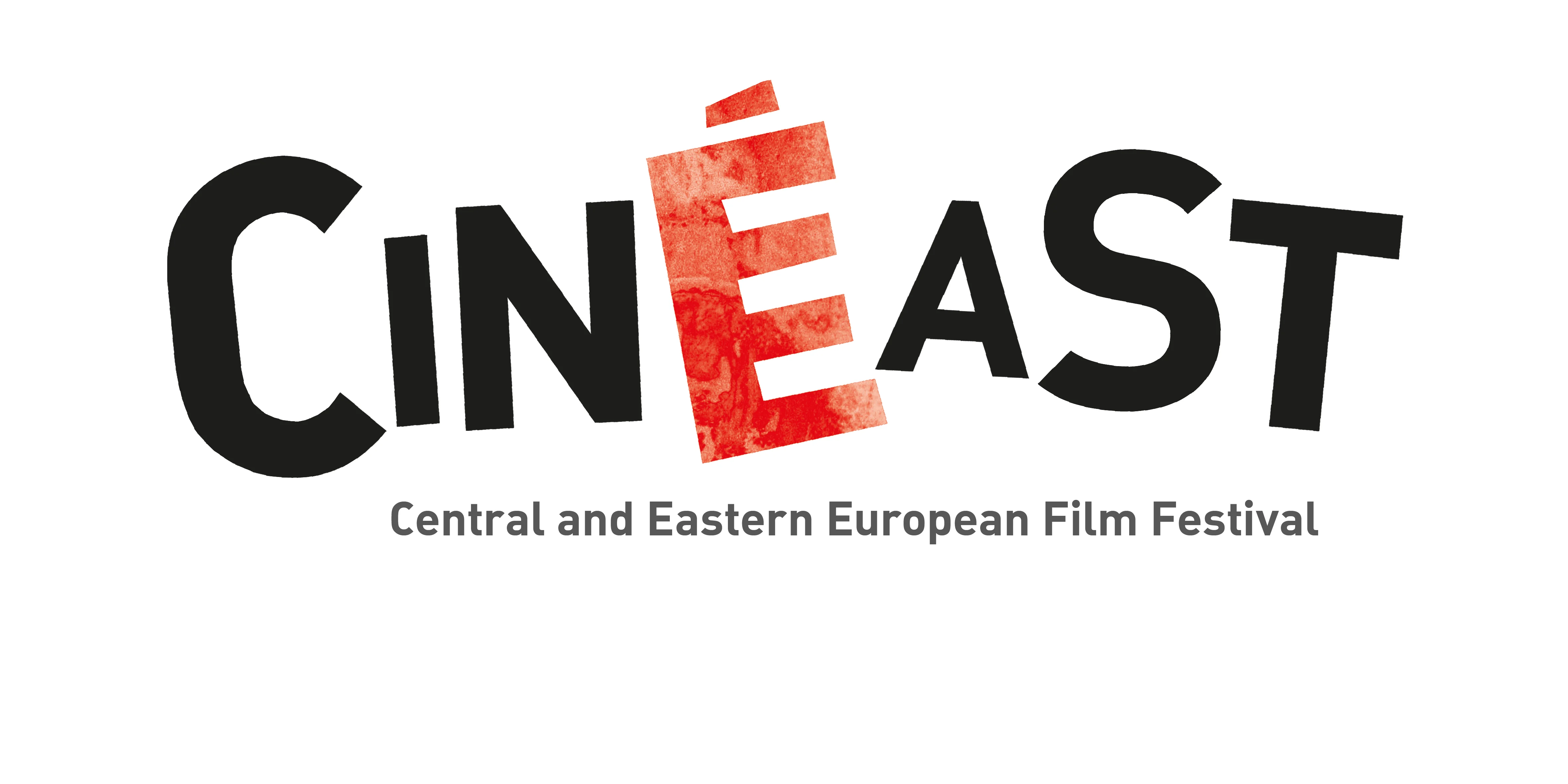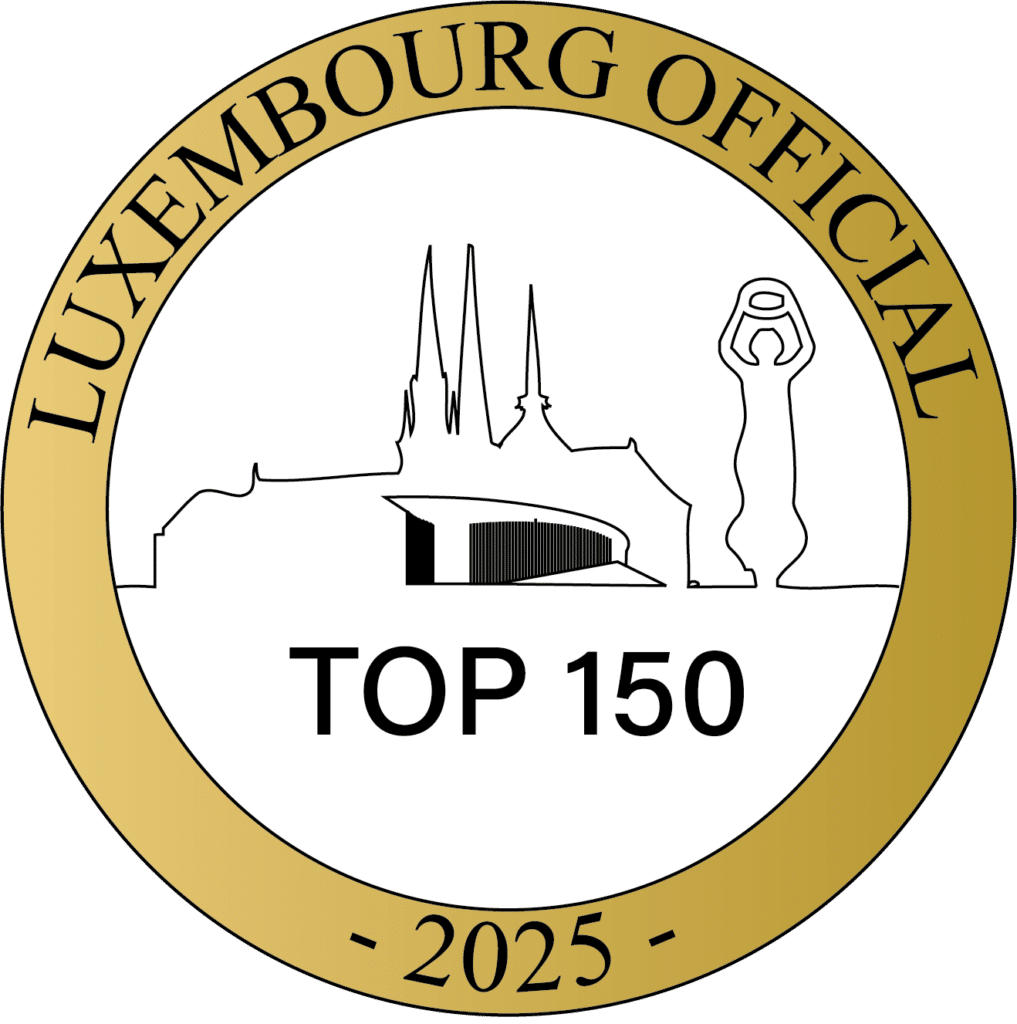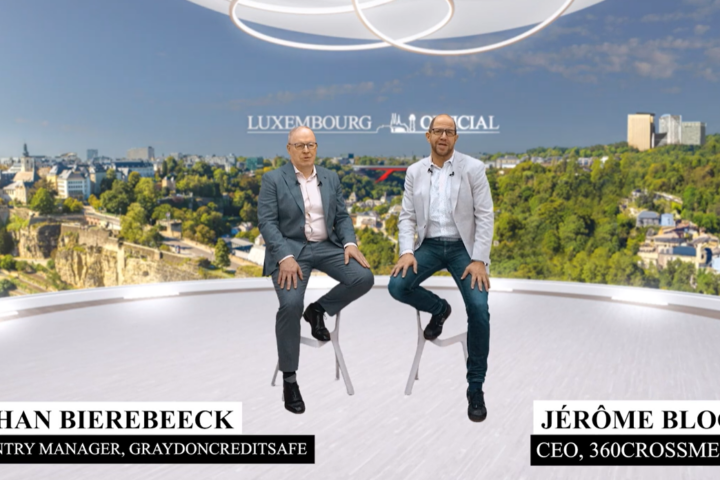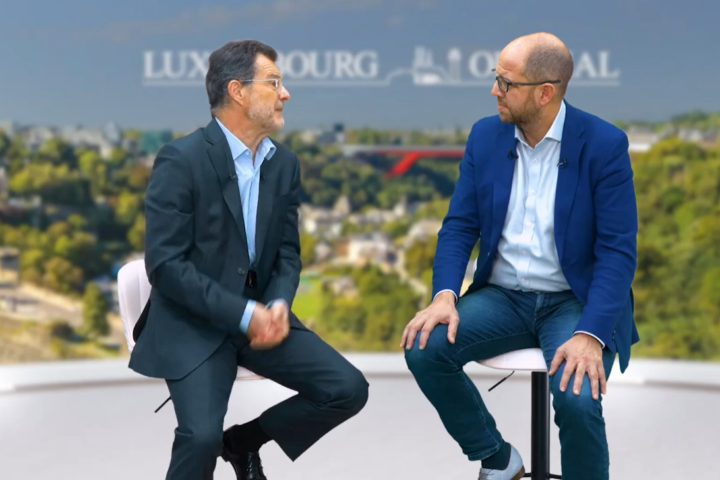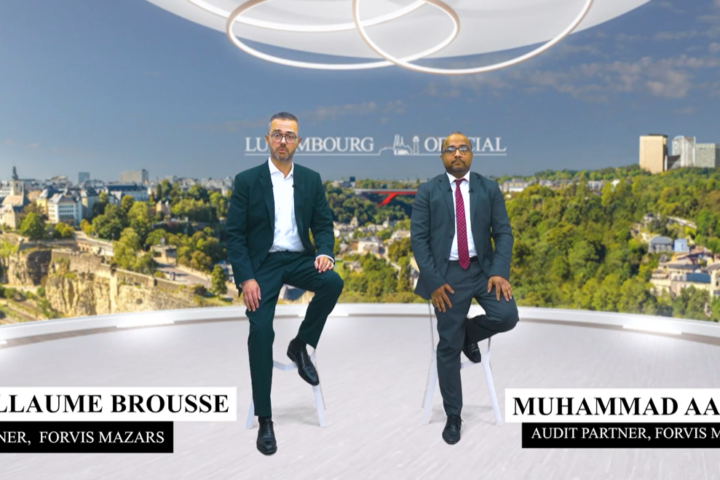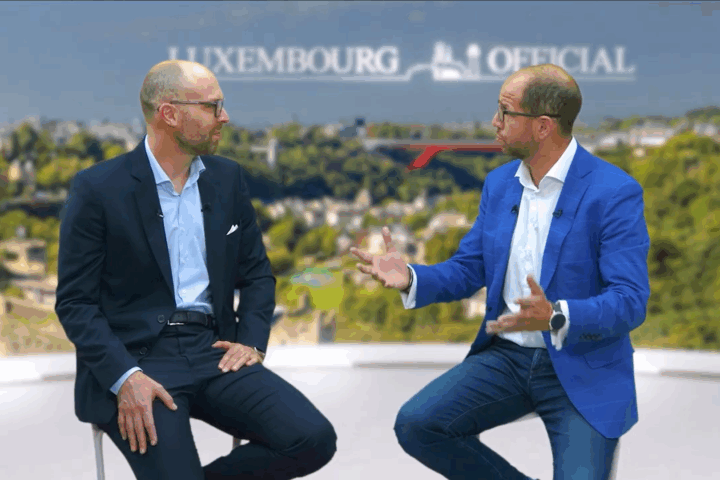As Luxembourg evolves into a leading financial centre, it’s important for companies to safeguard the financial ecosystem. We talked with Alice Lehnert, a Partner at asset management advisory firm Palana S. A., about these challenges and the importance of asset due diligence (Know Your Asset – KYA).
Due Diligence Expertise
For financial companies, it’s crucial to keep on top of the latest developments in anti-money laundering and combating the financing of terrorism (AML/CTF), using the expertise of financial crime professionals. “You need a smartly defined methodology,” Lehnert explains, “one adapted to the business model, the asset class, type and corresponding transactions in investments.” This lets teams assess complex scenarios and make informed judgments, particularly for higher-risk or multi-faceted asset structures, but this is not easy to achieve. Professionals need to tailor KYA to the nuances of Luxembourg-domiciled funds, which often pursue different investment strategies across multiple jurisdictions. This takes experts well-versed in the intricacies of asset structures and beneficial ownership, to identify ML/TF/PF risks around complex ownership and geographical exposure. Continuous training is crucial, staying updated on evolving guidelines.
Leveraging Technology
“While human expertise forms the foundation, technology amplifies and extends the reach of due diligence,” Lehnert continues. “Technology enables efficient, scalable, and accurate due diligence, allowing experts to focus on higher-level analysis and strategic decision-making.” Technologies like AI and machine learning allow constant monitoring of transactions, beneficial ownership changes, and emerging risk factors. This can identify red flags in real-time, ensuring prompt intervention. Data analytics segments and profiles assets in detail, supporting a risk-based approach that directs resources where they are most needed. Technology also streamlines record-keeping and reporting. Comprehensive documentation systems ensure that due diligence records are complete, accessible, and well-organized, letting compliance teams respond quickly to audit and regulatory requests.
“Asset due diligence is more than a regulatory requirement; it’s a powerful strategy for safeguarding financial integrity.”
Daily Action to Face the Future
According to Lehnert, it’s not enough to put these systems into place. “The daily application of KYA is essential to ensure both regulatory compliance and operational integrity,” she says. This involves several distinct elements. First comes ongoing monitoring, name screening, and alert management, to rapidly identify any new risks or changes in the profile of assets and/or their related parties. The second is risk-based allocation of resources. Focusing on high-risk relationships and applying streamlined measures for lower-risk assets lets investment managers optimise both compliance and operational efficiency. Lastly, transparent reporting and documentation demonstrate compliance, with experts ensuring a well-organized, accessible audit trail. “By combining human expertise with advanced technology and implementing a consistent, risk-based approach, funds can build a robust compliance framework that enhances operational resilience and maintains the trust of investors and regulators alike.” It’s an approach that lets funds face not just current challenges but also those the future will bring.

